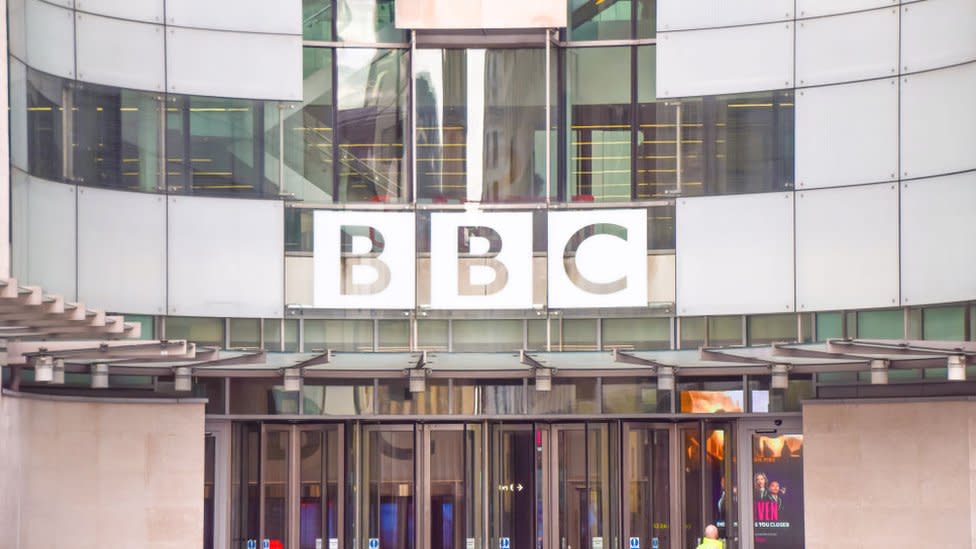
China has banned BBC World News from broadcasting in the country, its television and radio regulator announced on Thursday.
China criticized the BBC for its reporting on the coronavirus and the persecution of ethnic minority Uighurs.
The BBC said it was “disappointed” by the decision.
This follows the British media regulator Ofcom, which revokes the license of the state broadcaster China Global Television Network (CGTN) to broadcast in the United Kingdom.
Ofcom’s decision earlier this month came after it discovered that the CGTN license was improperly owned by Star China Media Ltd.
CGTN also violated British broadcasting regulations last year by publicizing the alleged forced confession of British citizen Peter Humphrey.
In its decision, China’s State Film, TV and Radio Administration said BBC World News reports on China “seriously violate” broadcast guidelines, including “the requirement that the news be true and fair” and not “harm China’s national interests”.
He said the BBC’s request to go on air for another year would not be accepted.
The BBC said in a statement: ‘We are disappointed that the Chinese authorities have decided to take this course of action. The BBC is the most trusted international news broadcaster in the world and reports stories from around the world fairly, impartially and without fear or favor. “
The commercially-funded BBC World News TV channel broadcasts in English. In China, it is quite restricted and appears only in international hotels and some diplomatic complexes, which means that most Chinese cannot see it.
British Foreign Secretary Dominic Raab called the measure “an unacceptable restriction on media freedom”.
China’s decision to ban BBC World News in mainland China is an unacceptable restriction on media freedom. China has some of the most severe restrictions on media and internet freedom in the world, and the latter measure will only damage China’s reputation in the eyes of the world.
– Dominic Raab (@DominicRaab) February 11, 2021
The US State Department condemned the decision, calling it part of a broader campaign to suppress free media in China.
Relations between China and the UK have suffered a serious deterioration in recent months in Hong Kong, where Beijing introduced a controversial new security law after a major pro-democracy movement swept the former colony.
In January, the UK introduced a new visa that gives 5.4 million Hong Kong residents the right to live in the UK and eventually become citizens because it believes China is undermining the territory’s rights and freedoms.
And for the past two years, China has systematically blocked or banned foreign media, including expelling journalists from three U.S. newspapers in 2020. The BBC website and its app are already banned in the country.
In February, the BBC published a report featuring interviews with Uighur women who said they were systematically raped, sexually abused and tortured in China’s “re-education” camps in Xinjiang. China’s Foreign Ministry has accused the BBC of doing “false reporting”.
The United States said last month that China committed genocide in cracking down on Uighurs and other mainly Muslim groups.
According to estimates, more than a million Uighurs and other minorities have been detained in camps in China.
China denies that Uighurs are persecuted. Last year, China’s ambassador to the United Kingdom, Liu Xiaoming, told the BBC’s Andrew Marr that the reports on concentration camps were “fake” and that Uighurs received the same legal treatment as other ethnic groups in their country. .
